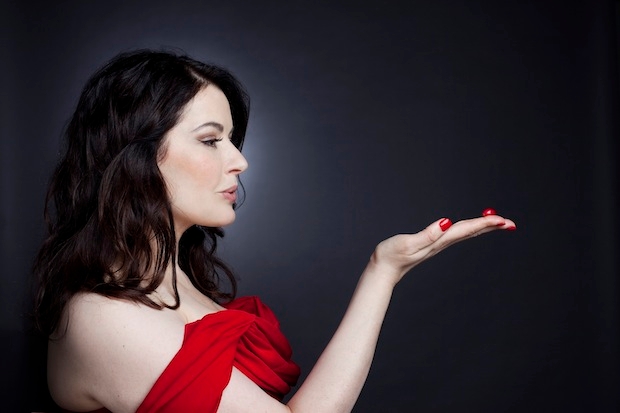When I got married 50 years ago, my wife and I had somehow acquired a little cookery book called Cooking in Ten Minutes. We never quite managed to cook anything in so short a time, mainly, I think, because the book was a bit of a cheat: it seemed to expect you to have a saucepan full of boiling water and a whole lot of washed and prepared vegetables ready before the ten minutes began. We lost the book long ago, but 40 years afterwards I read a volume of essays by Julian Barnes, The Pedant in the Kitchen, in which he devoted an entire chapter to French Cooking in Ten Minutes and to its author, Edouard de Pomiane, who, he informed me, had been a food scientist and dietician much admired by Elizabeth David.
Since Pomiane, however, I am not aware of any cookery book claiming that you can cook any dish in ten minutes. Jamie Oliver has published a book of recipes for 15-minute meals and Nigel Slater one for 30-minute meals, which is only four minutes less than the time that the average Briton already spends on cooking. Research published in the Times the other day showed that we all spend less and less time in the kitchen. In 1980 a meal took an average of 60 minutes to prepare; in 1990, it was 45 minutes; by 2012, it had fallen to 34 minutes. It may not be long before Pomiane comes back into his own, so reluctant are we to cook any more than is absolutely necessary.
This decline in culinary activity has been matched by a surge of enthusiasm for television cookery programmes. This seems strange until you remember that we are a nation of voyeurs who, for example, see no conflict between inertia and a passionate love of sport. Cooking on television has itself been turned into a kind of competitive sport, pitting cooks against each other in ferocious rivalry. But it no more occurs to a viewer to cook any of the dishes shown him on TV than to a football fan to go out and kick a ball around. This is perhaps not surprising when the winning dish in the last episode of MasterChef I saw (admittedly a few years ago) was ‘venison with a potato brunoise and fenugreek crust, sugar-glazed carrots on a carrot and cumin purée, confit chestnuts and a venison jus’.
There was a time when cookery programmes, like those of Fanny Cradock or Delia Smith, were guides to what we should actually do in the kitchen, but now they are mainly diversions for idle spectators who like to see Nigella Lawson sexily licking her fingers or Jamie Oliver bringing cockney cheer to the gloomy old souks of Morocco. Far from causing a renaissance in British cooking, they appear, on the contrary, to be contributing to its demise. According to the survey reported in the Times, most people don’t cook at all but survive on sandwiches or ready meals from the supermarket. We eat 6.4 billion sandwiches a year and 1.6 billion ready meals, as well as 1.1 billion pizzas. On the rare occasions when we do cook, we like to make something English — a Sunday roast or a cake (The Great British Bake Off being one great exception to the rule that cookery programmes don’t generally influence what people actually do). The Easter weekend is one of those rare moments in the year when home cooking is the norm.
Television programmes are one thing, but it is odder that cookery books should also attract vast numbers of people who never attempt to cook the recipes contained in them. Maybe people just like to be titillated by the luscious pictures of tempting dishes, but also the recipes can be daunting in their complexity and their reliance on exotic ingredients. I often find them so, which is why my own efforts at cooking are confined almost exclusively to making Italian dishes, which are not only good but also generally simpler to prepare than those of any other nation and for which the ingredients are everywhere available. It also sometimes occurs to me that writing a cookery book could be an easy way of making money, because cookery writers can plagiarise each other with impunity, there being no patent or copyright on how to fry an egg. The Duchess of Devonshire even did quite well with a cookery book in which the first sentence read: ‘I haven’t cooked since the war.’ But real success, I fear, comes only to those writers who are already television celebrities.






Comments